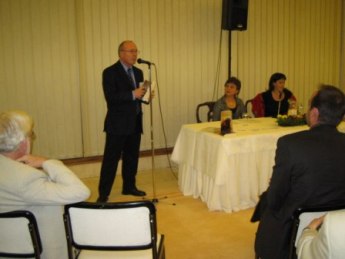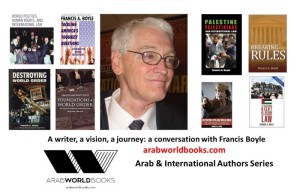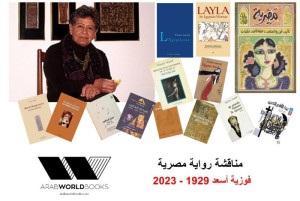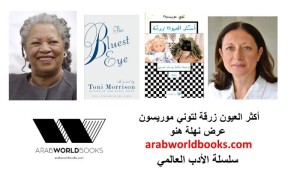Paul Hetherington
Paul Hetherington has published eight volumes of poetry, most recently It Feels Like Disbelief. His poems have been widely published in anthologies, literary journals and magazines in a variety of countries, including the USA, the United Kingdom, Denmark and Japan; and have been recognised with a number of awards. He was a finalist in the 1993 Antipodes Poetry Contest (USA), has twice been shortlisted for both the Newcastle Poetry Prize and the Australian Capital Territory’s Poetry Award and was winner of the 1996 ACT Book of the Year Award (for Shadow Swimmer) and of the 1997 ANUTECH Poetry Prize. He was awarded a Chief Minister’s ACT Creative Arts Fellowship in 2002 and shortlisted for the 2003 Western Australian Premier’s Book Awards, the 2003 Colin Roderick Award and the Manning Clark House 2006 National Cultural Awards. He edited and introduced the final three volumes of the National Library of Australia’s authoritative four-volume edition of the diaries of the artist Donald Friend. Currently Chair of the ACT Cultural Council, he was one of the founders and is a former Chair of the ACT Writers Centre. This is a selection of the poems he read in the evening in Canberra. 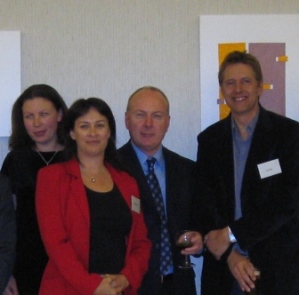 SEPTEMBER
SEPTEMBER
This is childhood and someone is leaving you for ever.
The month of September pains your memory with a thousand blossoms;
the path you have helped to shape is clear for walking.
Once again you realise that you have made nothing
that can hold her away from death
as she tucks blooms back from the path’s edge,
smiling at the plastic spade you carry, praising your singing—
you know that she went indoors to a room you have never seen
and did not come out, became a shadow you have never managed to light.
The month of September waits for you now, or so it sometimes seems,
breathing quietly its flowers—its poppies, tulips and bluebells—
and you walk among them, counting each one like minutes
that are keeping you from meeting again her bent form,
your hand on the spade, the garden an open wound.
BACKWARDS
I fall through thought, trying to locate
how my years have travelled—a man in suit
leaves a station, backs towards a house,
undresses, combs his hair. He sits to write
a novel that is shorter, then too long,
that disappears in bottles of new ink.
He pulls a scooping net out of a stream.
But nothing reads as once it did—desire
sinks back into self-doubt and pain; success
is followed by an anguished, early doubt.
Beyond that, glare of sunshine, infant games
and vaguer things—the stare of love and birth
forgotten in a scream of light. All’s lost
except this moment struggling with this word.
BOYS
They are there against the horizon’s line
partly absorbed within a blaze of sun,
two young boys on upright bicycles
at evening, standing on their pedals
and climbing the steep angle of a hill.
I imagine they are moving through a lane
of squat, dark houses blanked by drawn curtains,
singing to one another as they ride
softly, their voices like the grainy dusk—
an insinuation. The sun is close,
a conflagration fuming on the sea;
the moon lifts higher, the sun starts to dissolve.
The boys have gone but now I think that they
are like I was, in this sun-struck city
talking of private and forgotten things,
soaked by the radiant lustre of the world.
SYNTAX
Feeling has no syntax,
no way to give order
to the fibrous pleasure
of the mohair blanket,
or the egg-shell light
that slowly shimmies
like a solitary dancer
on the whitewashed wall.
STASIS
Waiting for the steady rain to pause,
trees concealing the road, our other lives
busying others elsewhere, free at last
to farm this contemplation. You bring tea
in china mugs of a delicate, faded blue
and we construct an enclosing mesh of words,
a nomenclature always incomplete.
The rain seems ceaseless, embryonic creeks
run into gullies and contours we’d not seen
until the water sketched and shaded them,
long paragraphs of water that create
a broken hieroglyphic script
reminding me we cannot read this land
that Aborigines and settlers farmed
and both have changed and perished in. We watch
the renewing, eroding, burying sweet rain,
that yesterday washed soil from a blade
just near our door, would bury it again,
that once cut twine, or carcasses, or cloth.
All that thought has buried in its soil
seems too remote, but also keen and close,
resurfacing from deep artesian years.
ARCHAEOLOGY
In the soil of next door’s raked garden;
underneath the flagstones of churches;
in wind-scoured, sheep-herding country
and newly drained and excavated marshes;
in the twisting hills and flat lands
where sand is mined as white as a salt pan,
the bodies lie. Stripped of flesh,
femur fallen away from hip bone,
cracked brain-pan and broken mouth,
here is our history. But what we find—
an adult curled in earth like a foetus,
small urns holding polished knives
and the ash of cremations—we cannot decipher.
The bodies tease with their likeness.
They are a dream we have
of how we might live differently,
closer to earth and sky and magical rainbow;
closer to amber jewel and arrow-head—
an elaborate, unwieldy archaeology
of being other than we are.
